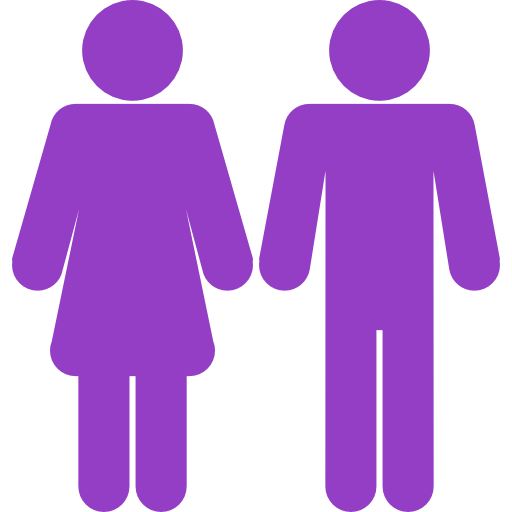State-of-the-art clinical assessment of hand function in stroke and cervical spondylotic myelopathy
[PAUSED]State-of-the-art clinical assessment of hand function in stroke and cervical spondylotic myelopathy
 Western Interdisciplinary Research Building (WIRB)
Western Interdisciplinary Research Building (WIRB)
It is hard to over-state the importance of our hands in daily life. From writing on a piece of paper, to playing the guitar, our hands are the primary means through which we manipulate the environment around us. Nowhere is the importance of the hand most apparent than after an injury from conditions such as stroke or cervical spondylotic myelopathy (CSM). Despite the importance of the hand, only basic clinical assessment tools are available to evaluate hand function, either to measure impairment after injury, or to assess improvements during rehabilitation. The purpose of this study is to test a newly developed device that can sensitively measure fingertip forces across all 5 fingers and along all movement directions in patients with reduced hand function. We will also test the device in a group of healthy adults.

Both male and female
18+ years old
Healthy Volunteers
Heading 2
test line





